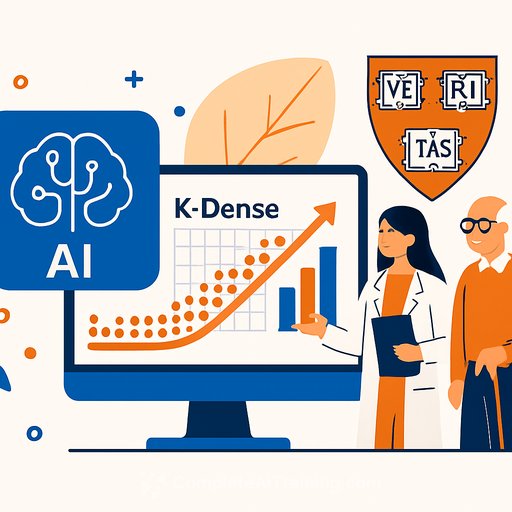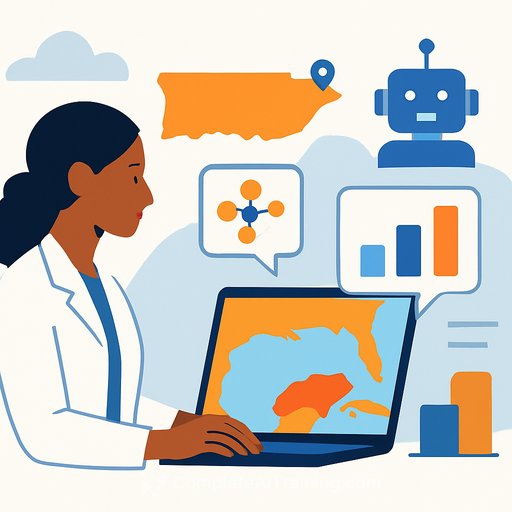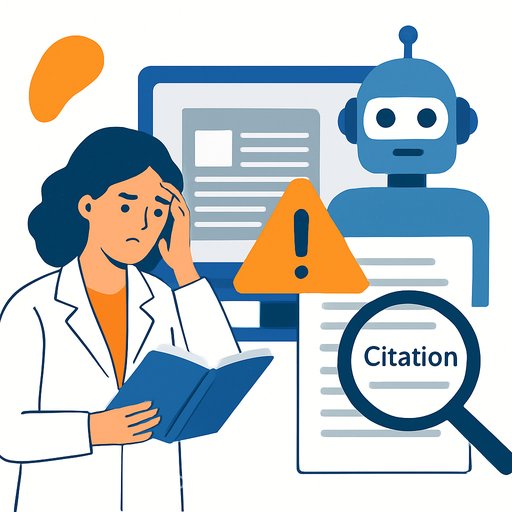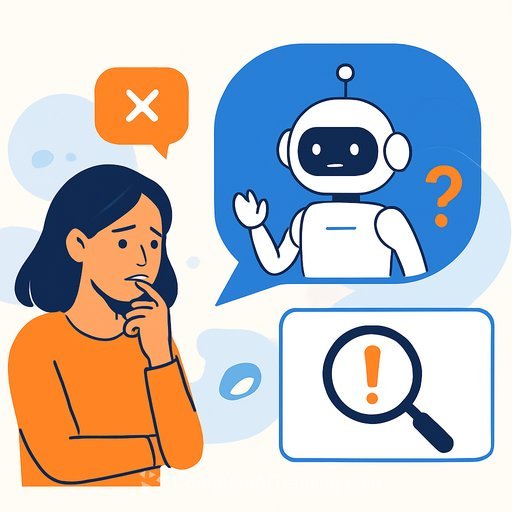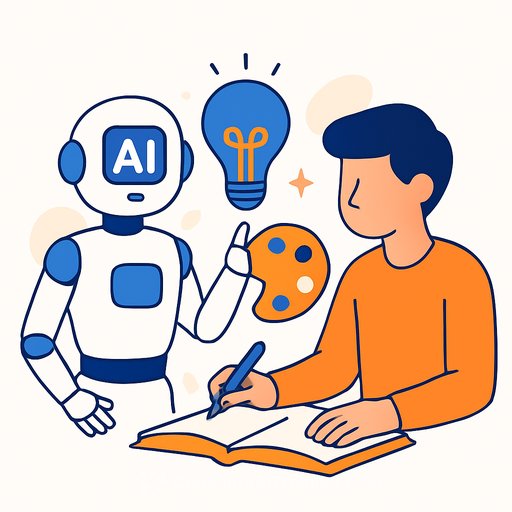Biostate AI's K-Dense compresses research cycles from years to weeks
Biostate AI has launched K-Dense Beta, a multi-agent AI system built to shrink biological research cycles from years to days. The company demonstrated its approach in longevity research with Harvard Medical School.
Biotech data is doubling every 7-8 months, yet roughly 90% goes unused. K-Dense targets that gap by triaging literature, mining datasets, and producing publication-grade outputs with clear provenance.
How K-Dense works
K-Dense orchestrates specialised agents for experiment planning, literature review, data analysis, secure coding, and report generation. Each decision is cross-verified by independent agents to reduce hallucinations and create a traceable record of system actions.
The platform integrates with standard bioinformatics tools, curated databases, and large language models such as MedGemma. It also connects to external software via the Model Context Protocol (MCP), enabling flexible data and tool access across research environments. Learn more about MCP
"There is a crisis in science right now, where we have too much data and not enough resources to evaluate it. We have created an AI scientist that can work 24/7, dramatically accelerating discovery while maintaining rigorous scientific standards," said Ashwin Gopinath, Co-founder and Chief Technology Officer of Biostate AI.
Longevity research validation
In collaboration with Professor David Sinclair at Harvard Medical School, K-Dense built a transcriptomic aging clock using the ARCHS4 dataset (600,000+ profiles). The system selected 60,000 high-quality samples, identified 5,000 relevant genes from nearly 50,000, and showed that RNA transcripts become predictive of biological age at different stages of life-indicating aging progresses through distinct biological programs.
"K-Dense enabled us to complete an entire research study in just a few weeks, work that typically requires months or years of expert analysis. It pointed us to markers and pathways that warrant deeper study and helped us build a unified AI model for predicting biological age. Importantly, it also provided a measure of how reliable those predictions are, which is critical for scientific applications and has not been available in prior AI approaches," said Professor David Sinclair at Harvard Medical School.
The team has submitted the findings for peer review and posted a preprint on bioRxiv. Biostate AI is working with dozens of design partners across academic labs, biotech startups, and major pharma to validate additional capabilities.
Benchmarking and collaboration
K-Dense Beta recorded a 29.2% accuracy score on BixBench, a commonly used bioinformatics AI benchmark, outperforming GPT-5 and Claude 3.5 Sonnet on that test, according to the company. Biostate attributes part of the performance to its implementation of Google Cloud's Gemini 2.5 Pro.
"Biostate's implementation with Gemini 2.5 Pro showcases our model's transformative potential for complex scientific challenges. Their multi-agent approach demonstrates how intelligent coordination of advanced language models can accelerate genuine scientific discovery," said Bikram Singh Bedi, Vice President, Google Cloud Asia Pacific.
Since raising a USD $12 million Series A led by Accel, Biostate AI has expanded development, completed the K-Dense system, and initiated partnerships with hospitals and research centers in the United States, China, and India. Investors include Dario Amodei (Anthropic), Emily Leproust (Twist Bioscience), and Mike Schnall-Levin (10x Genomics).
What this means for lab teams
- Condense exploratory analysis and candidate triage from months to weeks.
- Automate literature synthesis and dataset curation with transparent provenance.
- Run reproducible pipelines with agent-level checks and audit trails.
- Integrate with existing tools, databases, and LLMs; extend via MCP.
- Obtain reliability estimates to prioritize follow-up experiments.
Access and next steps
K-Dense Beta is available now to select design partners, with a wider rollout planned later this year. Biostate continues to validate use cases across aging, target discovery, and translational studies.
Preparing to evaluate systems like K-Dense? Start by selecting two or three questions where archived data can change decisions, auditing data quality and permissions, and defining success metrics and decision thresholds up front. For focused upskilling on AI agents and LLM workflows by job role, explore Complete AI Training.
Your membership also unlocks:

